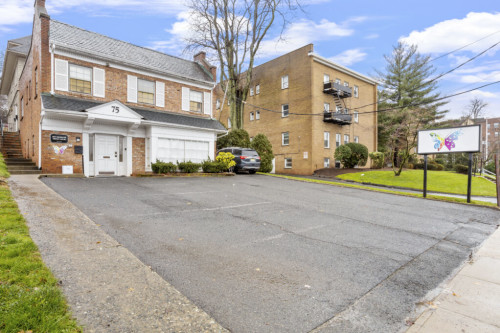
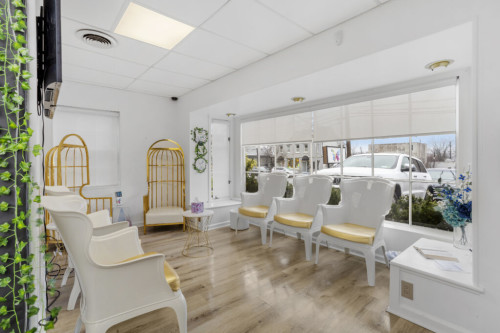
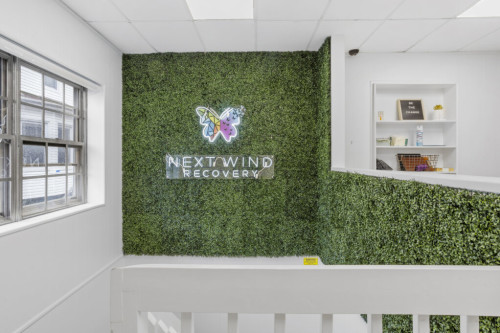




Next Wind Recovery
Treatment Focus
This center treats substance use disorders and co-occurring mental health conditions. Your treatment plan addresses each condition at once with personalized, compassionate care for comprehensive healing.
Primary Level of Care
Outpatient treatment offers flexible therapeutic and medical care without the need to stay overnight in a hospital or inpatient facility. Some centers off intensive outpatient program (IOP), which falls between inpatient care and traditional outpatient service.
Claimed
Recovery.com has connected directly with this treatment provider to validate the information in their profile.
Treatment Focus
This center treats substance use disorders and co-occurring mental health conditions. Your treatment plan addresses each condition at once with personalized, compassionate care for comprehensive healing.
Primary Level of Care
Outpatient treatment offers flexible therapeutic and medical care without the need to stay overnight in a hospital or inpatient facility. Some centers off intensive outpatient program (IOP), which falls between inpatient care and traditional outpatient service.
Provider's Policy
Your health insurance can typically help cover up to 100% of the costs associated with addiction treatment at Next Wind Recovery. Contact us for a free consultation to find out your options for treatment.
Next Wind Recovery
Next Wind Recovery
About Next Wind Recovery
This outpatient treatment center provides high-quality treatment through their partial hospitalization program (PHP, intensive outpatient program (IOP), supportive housing and aftercare services. Next Wind also provides outpatient detox services for clients as they begin their recovery journey. If a client needs a higher level of care, the intake staff at Next Wind will refer the clients to a reputable facility elsewhere. Within both their PHP and IOP, clients receive individualized treatment, however they all participate in individual and group therapy, life skills, coping skills, educational workshops, medication management, anger management, holistic therapies and either 12-Step or non-12-Step support groups. In order to personalize their treatment, Next Wind has a schedule with 21 different therapy groups for clients to choose from.
Amenities and Activities
The beautiful and modern facility at Next Wind has lots of windows, natural light, and bright, colorful furniture to create an inviting and safe atmosphere as clients heal. They offer numerous activities for clients to participate in, like yoga, meditation, indoor go-karting, NYC day trips, local recovery events, sporting events, camping, hiking, fishing, beach days, museums, movie trips and more.
Aftercare
Their unique aftercare program addresses the client’s health, home, purpose and community. They are committed to providing medication for co-occurring disorders if needed and making sure that clients have a supportive living environment. They also arrange support groups and peer support to make sure that their clients feel a sense of purpose in their new journey of sobriety.
Center Overview
Treatment Focus
This center treats substance use disorders and co-occurring mental health conditions. Your treatment plan addresses each condition at once with personalized, compassionate care for comprehensive healing.
Insurance Accepted
Cash Pay Rates
Estimated Cash Pay Rate
Center pricing can vary based on program and length of stay. Contact the center for more information. Recovery.com strives for price transparency so you can make an informed decision.
Meet Your Care Team
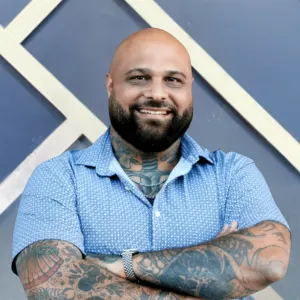
Anthony Hill
Founder and Owner

Jessica Wright, LPC, LCADC, NCGC-I , ACS
Clinical Director
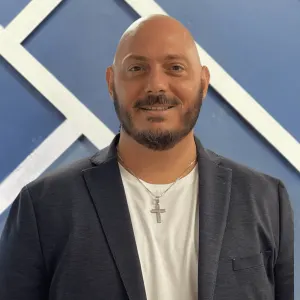
Christopher Georges
Chief Operating Officer
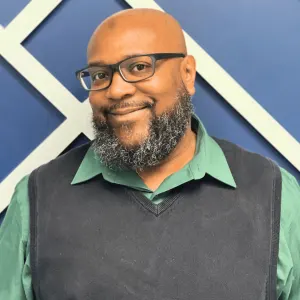
Duane Anderson, CADC Intern
Primary Therapist
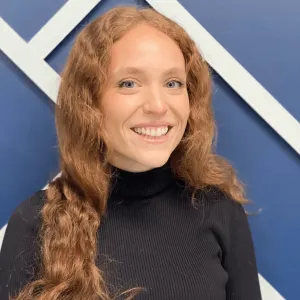
Nicole Mellilo, LAC , CADC, CRED
Intern Primary Therapist

Casandra Neely, MSW, CADC
Intern Counselor
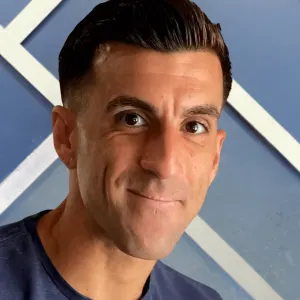
John Mastropiero
Director of Admissions

Alexis Brucato
Human Resources
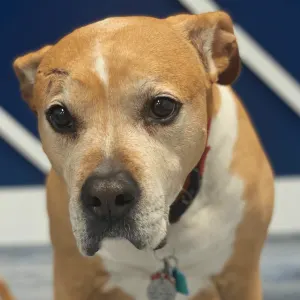
Nala
Therapy Dog

Caitlin Clementi
Quality Assurance Manager
Levels of Care








Your Care Options
Specializations
Day Treatment
In a PHP, patients live at home but follow an intensive schedule of treatment. Most programs require you to be on-site for about 40 hours per week.
Alcohol
Using alcohol as a coping mechanism, or drinking excessively throughout the week, signals an alcohol use disorder.
Drug Addiction
Drug addiction is the excessive and repetitive use of substances, despite harmful consequences to a person's life, health, and relationships.
Intensive Outpatient Program
In an IOP, patients live at home or a sober living, but attend treatment typically 9-15 hours a week. Most programs include talk therapy, support groups, and other methods.
Who We Treat
Men and Women
Men and women attend treatment for addiction in a co-ed setting, going to therapy groups together to share experiences, struggles, and successes.
Approaches
Evidence-Based
A combination of scientifically rooted therapies and treatments make up evidence-based care, defined by their measured and proven results.
Holistic
A non-medicinal, wellness-focused approach that aims to align the mind, body, and spirit for deep and lasting healing.
Therapies
1-on-1 Counseling
Patient and therapist meet 1-on-1 to work through difficult emotions and behavioral challenges in a personal, private setting.
Meditation & Mindfulness
A practiced state of mind that brings patients to the present. It allows them to become fully aware of themselves, their feelings, and the present moment.
Medication-Assisted Treatment
Combined with behavioral therapy, prescribed medications can enhance treatment by relieving withdrawal symptoms and focus patients on their recovery.
Motivational Interviewing and Enhancement Therapy (MET)
This approach is based on idea that motivation to change comes from within. Providers use a conversational framework that may help you commit to recovery.
Relapse Prevention Counseling
Relapse prevention counselors teach patients to recognize the signs of relapse and reduce their risk.
Yoga
Yoga is both a physical and spiritual practice. It includes a flow of movement, breathing techniques, and meditation.
Conditions We Treat
Anxiety
Anxiety is a common mental health condition that can include excessive worry, panic attacks, physical tension, and increased blood pressure.
Depression
Symptoms of depression may include fatigue, a sense of numbness, and loss of interest in activities. This condition can range from mild to severe.
Post Traumatic Stress Disorder
PTSD is a long-term mental health issue caused by a disturbing event or events. Symptoms include anxiety, dissociation, flashbacks, and intrusive thoughts.
Substances We Treat
Alcohol
Using alcohol as a coping mechanism, or drinking excessively throughout the week, signals an alcohol use disorder.
Benzodiazepines
Benzodiazepines are prescribed to treat anxiety and sleep issues. They are highly habit forming, and their abuse can cause mood changes and poor judgement.
Co-Occurring Disorders
A person with multiple mental health diagnoses, such as addiction and depression, has co-occurring disorders also called dual diagnosis.
Drug Addiction
Drug addiction is the excessive and repetitive use of substances, despite harmful consequences to a person's life, health, and relationships.
Heroin
Heroin is a highly addictive and illegal opioid. It can cause insomnia, collapsed veins, heart issues, and additional mental health issues.
Opioids
Opioids produce pain-relief and euphoria, which can lead to addiction. This class of drugs includes prescribed medication and the illegal drug heroin.






